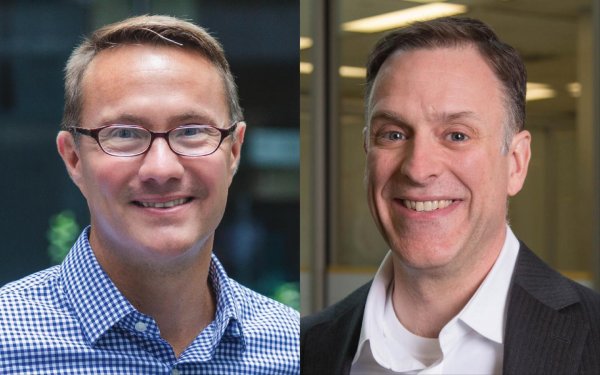2 min
DARPA awards VCU $4.875 million for development of modular drug manufacturing platform
The Defense Advanced Research Projects Agency (DARPA) is funding a $13M grant for a Rutgers University and Virginia Commonwealth University (VCU) partnership through the EQUIP-A-Pharma program, with $4.175 million to James Ferri, Ph.D., professor in the Department of Chemical and Life Science Engineering at VCU, to develop a modular manufacturing platform for sterile liquid drug products. The 24-month grant supports Ferri’s project, “Modular Manufacturing of Sterile Liquid Drug Products,” which develops a continuous manufacturing platform capable of producing highly potent drug substances such as albuterol sulfate and bupivacaine hydrochloride. These drug substances are for use in sterile liquid products, where compliance with purity of the active pharmaceutical ingredient (API) and impurity profiles are characterized and controlled in real time throughout the manufacturing process. “This work enables agile continuous manufacturing of drug substance and end-to-end drug product manufacturing of several highly potent drug substances with real time quality control,” Ferri said. “The combination of dynamic modular operation and real-time quality control will increase the supply of critical medicines in the United States.” Drug shortages continue to receive national attention, with albuterol sulfate and bupivacaine hydrochloride both appearing on the U.S. Food and Drug Administration drug shortage list within the past year. The project develops technologies that enable distributed manufacturing approaches to essential medicines currently in shortage in the United States. The platform incorporates several innovative features including continuous flow synthesis for improved process performance, online spectroscopy for real-time quality control, and modular unit operations that can be rapidly configured for different drug products. Key technologies include heterogeneous catalytic flow reactors, in-line purification systems and advanced process analytical technologies. The continuous manufacturing approach offers significant advantages over traditional batch manufacturing, including improved process control, reduced waste and the ability to produce medicines closer to the point of care. The modular design enables rapid deployment and flexible manufacturing of multiple drug products using the same platform. Ferri is collaborating with researchers from Rutgers University on the project, which began in August 2024. The platform is designed to fit within a standard shipping container, enabling distributed manufacturing capabilities. The research directly addresses national security concerns about pharmaceutical supply chain vulnerabilities while advancing the field of continuous pharmaceutical manufacturing. Students involved in the project gain experience in cutting-edge manufacturing technologies that are increasingly important in addressing global health challenges.




